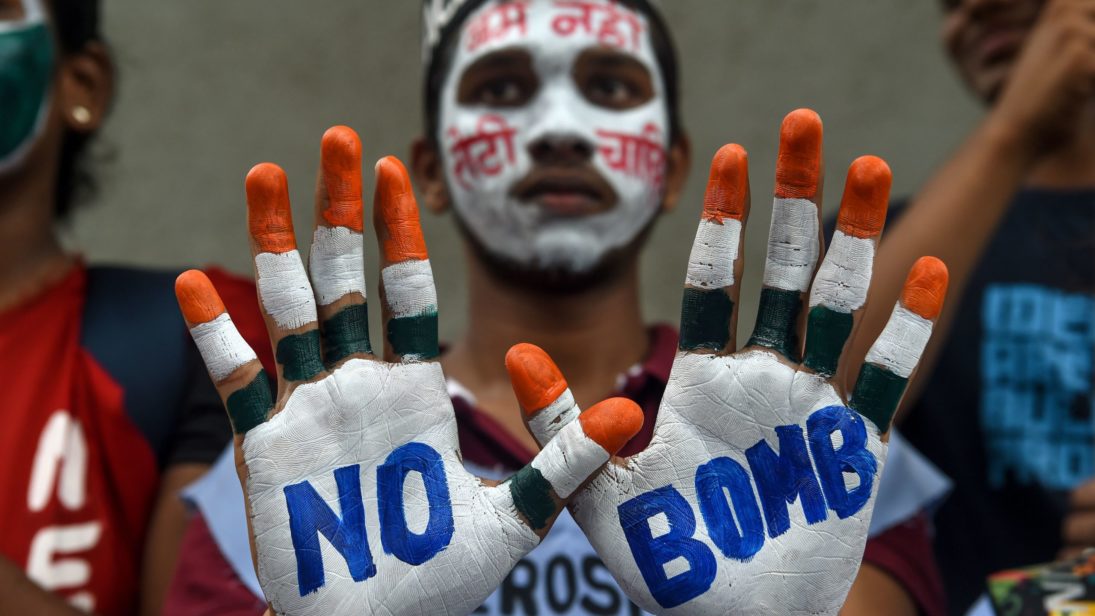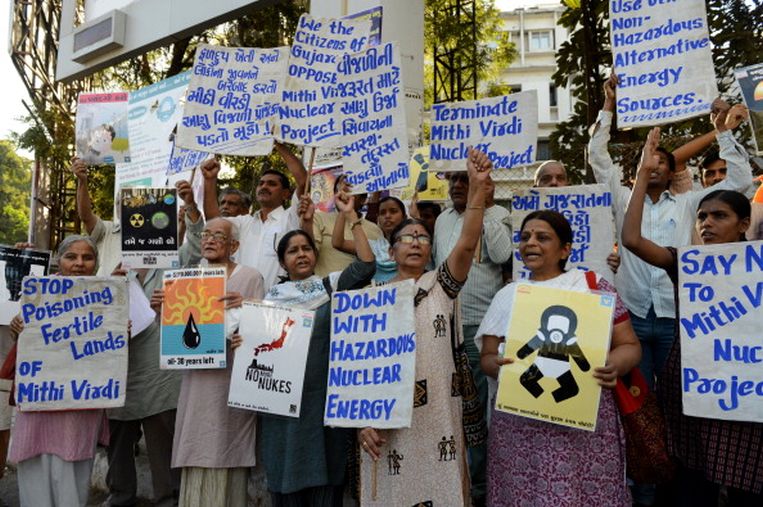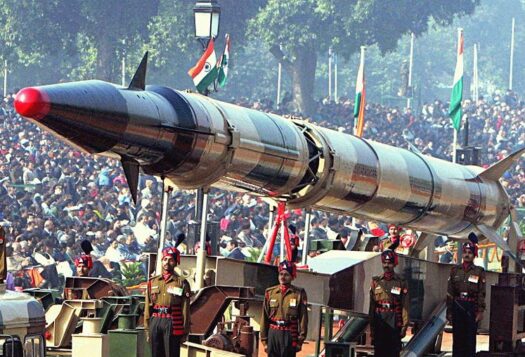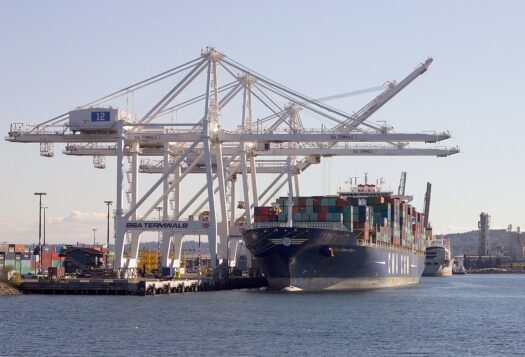
In 2017 Sobia Paracha examined the role of civil society in reducing nuclear risks globally and in South Asia. In light of the recent 75th anniversary of Trinity test – the world’s first nuclear explosion – her words, reproduced below, remain a timely look at the role that civil society can play in shaping norms to promote transparency, accountability, and lessen nuclear dangers on the Subcontinent.
As it stands today, the international nuclear security regime is weak and uneven. The global community has only been able to agree to vaguely define norms for the basic framework of individual states’ nuclear security mechanisms. Within this current system of governance, enforcement of norms cannot be ensured. This is the reason why nuclear weapons states have not been held accountable for not achieving tangible progress on nuclear disarmament and how they are able to continue modernizing their nuclear arsenals. Due to this lack of progress in state-to-state interactions, evolving international nuclear debates are now seeing a more prominent role being played by civil society. In South Asia, a region plagued by the constant threat of a nuclear crisis, civil society groups in India and Pakistan can participate in this movement and help reduce nuclear dangers on the Subcontinent.
Civil society’s role in the international nuclear security agenda is undeniable, with the private sector, non-profit organizations, and universities sometimes taking the lead on nonproliferation initiatives. The Global Security Project, Nuclear Zero, Fissile Material Working Group, Pugwash, King’s College London and International Campaign to Abolish Nuclear Weapons (ICAN) are some prominent names that have transformed international narratives on nuclear weapons and security. In fact, ICAN was awarded a Nobel Peace Prize in 2017 for its efforts towards making the Nuclear Ban Treaty a reality. In addition to creating informed public opinion, one of the primary contributions of civil society participation could be to develop norms for transparency, accountability, and provision of reliable capability estimations.
In South Asia, a region plagued by the constant threat of a nuclear crisis, civil society groups in India and Pakistan can participate in this movement and help reduce nuclear dangers on the Subcontinent.
Although these organizations work on reducing nuclear risks globally by supporting efforts for governance, transparency, civil society advocacy and capacity building of legislators, most are geographically situated in the West. This in some ways insinuates nuclear risk reduction as a Western agenda. There is a need in South Asia to develop and empower local civil society organizations that would eventually be able to influence policy.
Historically, there has been some social activism on nuclear issues in both India and Pakistan, but it has been weak and sporadic. A local community in Kudankalam, India has protested in large numbers against the development of nuclear power plants and over a period of decades, however, they have not been able to change the government’s policies. Instead, the government has repressed these protesters with heavy handedness and is installing even more units to existing power plants. In the grand scheme of things, they are a lone group of villagers whose interests clashed with the government and they have not received much support from other civil society groups. Similarly, villagers in Baghalchur, Pakistan protested against dumping of toxic nuclear waste in their area. They filed lawsuits against the government to compensate for health damages, however, no resolution was reached.

There are many lacunae to having an influential civil society movement for nuclear security in South Asia. At the very basic level, the organization and structure, or lack thereof, of the civil societies in India and Pakistan does not allow for a coherent debate or even simple communication of issues to take place. This coupled with a national sense of prestige due to the possession of nuclear weapons proves difficult roadblocks for civil influence. Both Indian and Pakistani masses could know more about the risks involved in possessing nuclear weapons, the huge personal and financial investments required for safe and secure stewardship of these weapons, the possible weak links in an otherwise foolproof nuclear security regime, and potential disastrous consequences of nuclear use in any form. The general populace is also ignorant about the opportunity cost of these weapons. Due to these factors, there is an absence of adequate internal dialogue on possible alternatives to nuclear technology for national security and development.
In South Asia, nuclear security issues have historically been dealt with more as technical rather than political matters. There is now a need to internally politicize and democratize the debate on nuclear weapons.
In South Asia, nuclear security issues have historically been dealt with more as technical rather than political matters. There is now a need to internally politicize and democratize the debate on nuclear weapons. This should be done not just for defense policy, but for the sake of reducing nuclear hazards and internal security threats. In addition to the international norm building and governmental participation in different nuclear security related initiatives, organically empowering civil society movements is needed to place proper pressure on the government’s attempts at addressing the nuclear standoff in the region. Both Indian and Pakistani civil societies need to be trained to participate in this new wave for global justice that in some ways blurs the differences between nuclear haves and have-nots. This can be done through knowledge building and experience sharing. It will help evolve a stronger and more credible civil society movement that may help reduce nuclear dangers in South Asia.
Civil society is the biggest stakeholder in safe and secure nuclear operations. They come in constant contact with nuclear technology in their daily lives. In addition to the military sector, there are numerous ways in which nuclear technology is commercially being used in South Asia. A more informed and vibrant public opinion has the potential to make civil society an important pressure group. This does not necessarily have to revamp existing nuclear policies, but to help improve them. In the total absence of official dialogue, civil societies of both India and Pakistan can coordinate with one another, exchange information and opinions, and build confidence. Although it needs to be acknowledged that South Asian civil society is nowhere near being a catalyst for more cross border transparency, accountability, and confidence building, it has huge potential to become one.
***
Image 1: AFP via Getty Images
Image 2: AFP via Getty Images


